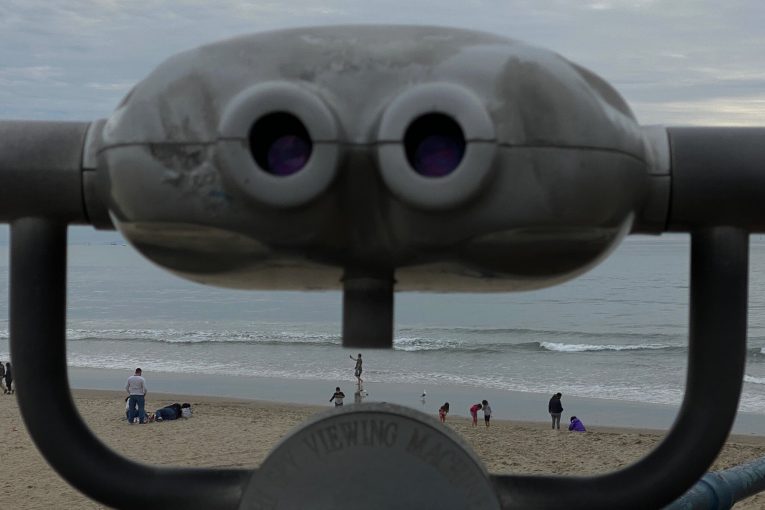

By Uriel Rivas
The introduction of last year’s COVID-19 pandemic constantly reminded us about one’s mortality, isolation and distress. From the death toll of 589,222 for the United States alone to last year’s jump of 891 percent for the United States national helpline, people have been unable to visualize their futures without considering their abrupt end.
Instead of being kept up by the sounds of life, people were kept up by the constant COVID-19 updates that brought the bittersweet balance of giving hope to the country and being able to see the local impacts of the pandemic in their respective states. Instead of experiencing the wonders of life, people were experiencing how the virus has been able to extend its reach.
During the start of the pandemic, people were partying because they knew the inevitable shutdown of every kind of establishment would prevent them from experiencing life for a long time, so it made sense that these people took advantage of their limited time and had careful fun–even if that fun may have brought about a worse pandemic.
In hindsight, COVID-19 has never contributed to one’s life because it has been too busy impairing them, but with effort, it can be said that the pandemic has contributed to an increasing boon that focuses on living life as best as one can. Throughout the pandemic, families were brought together to reminisce about their experiences, artists were encouraged to forgo natural inspirations for their art––to consider their intrinsic creativity and frontline workers were viewed as important parts of keeping society from crumbling. In hindsight, the pandemic has been important in reminding us that we have places to be and still have lots of places to go.
The overhead of this pandemic has exacerbated the underlying epidemics that still occur throughout the world. With the substantial increase in domestic violence during the shutdown, people demonstrated incapability in preserving their sanity over the unexplainable outcome of the pandemic. With a clear direction, carnal violence will increasingly diminish and people will be able to relax soon.
By recognizing this fragility, there has been an increasing boom that will pass this pandemic and contribute to a new age of wellbeing that dismisses ongoing vices in current society to replace them with efforts that will positively change an individual’s life. While it cannot be said if a new-age transcendentalist movement will occur in the near future, it can be said that one year of isolation and attachment to devices has garnered an urge to experience the real world more than it has in previous years. If everyone is reminiscing about when there was no virus and people were able to experience the world without worry, then it can be said that a boom will come that contributes to environmental sentiments and a light dismissal of the technology that we have used throughout the pandemic.
Ultimately, the introduction of last year’s pandemic will lead to the introduction of a boom that focuses on being able to live one’s life in one’s own way, and that you will be able to live with not just the approaching technological advancements of every year, but also the natural developments that provide an insight into people’s development and nature. This boom does not start with the first breath of every morning, but with the first few words that start out the many dreams that have been spread out in front of mankind throughout time:
“What if?”